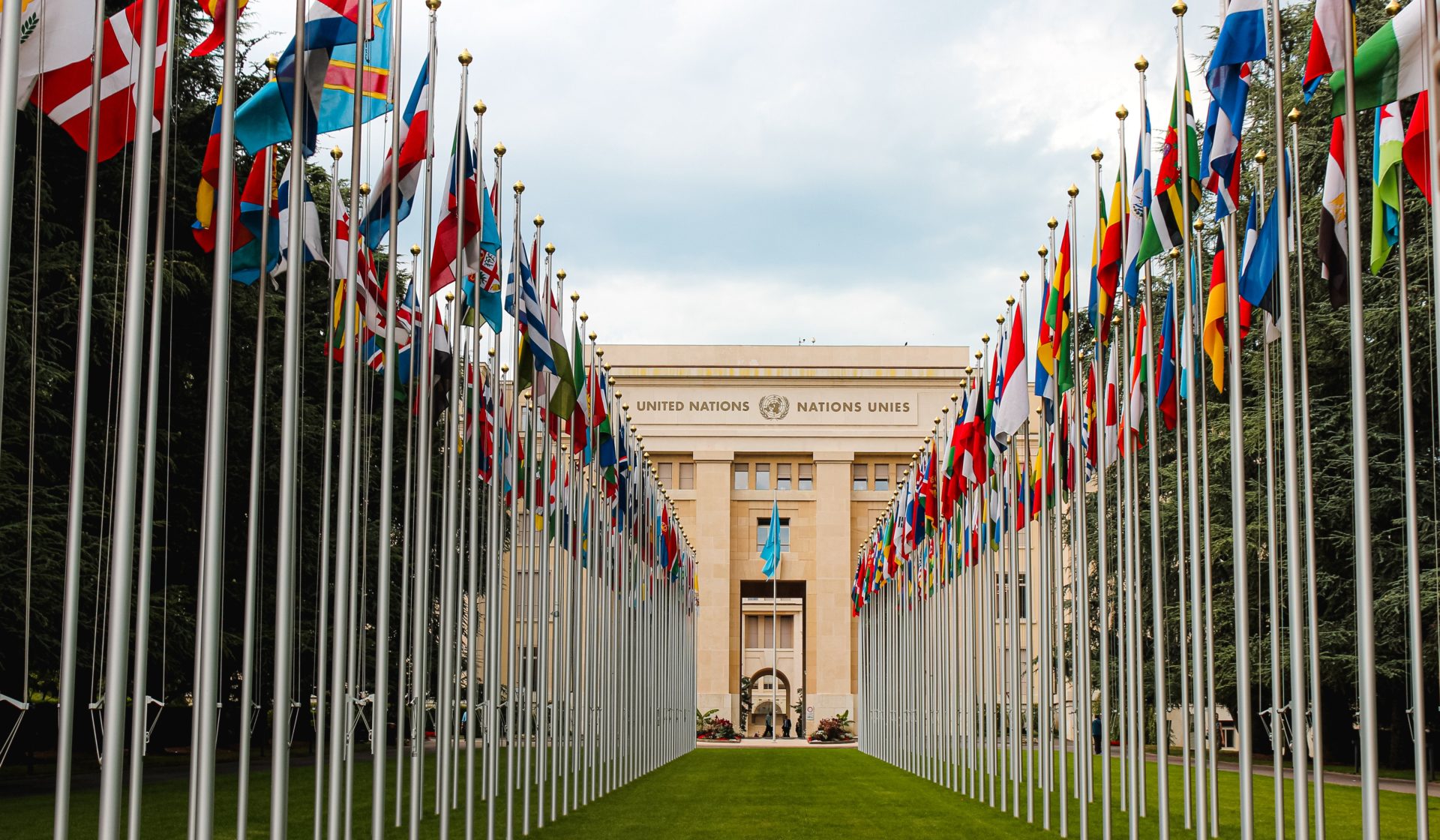With COP26 just five months away, global leaders have yet to consolidate the funding they pledged for climate change. The money is essential for mapping the next steps towards climate action.
We’re all familiar with the saying ‘money makes the world go round.’
As wealthy nations hold out on their promise to donate £72 billion to combat climate change by helping developing countries invest in greener technologies, this statement has never rung truer.
Discussions about reaching this target were furthered by the world’s most powerful leaders at the recent G7 summit (read all about that meeting here). However, details of how much money each nation is willing to contribute is still not clear-cut.
This is problematic, as the United Nation’s annual gathering to advance global efforts to combat climate change is fast approaching.
The conference, COP26, will take place on Halloween in Glasgow. It will also serve as an opportunity for leaders to assess progress made since the 2015 Paris climate agreement.
The Paris agreement was the largest gathering of world leaders in history to address our warming planet. It saw nations agree to limit global warming to less than 1.5C by drastically reducing their fossil fuel emissions, which are the primary cause of climate change.
As of today, reductions have yet to sufficiently meet this mark.
Patricia Espinosa, the leader of the UN’s climate policy, says ‘time is running out.’ A clear idea of where the proposed money will come from before the commencement of COP26 will be vital in finalising technical solutions for problems on the climate agenda.





















